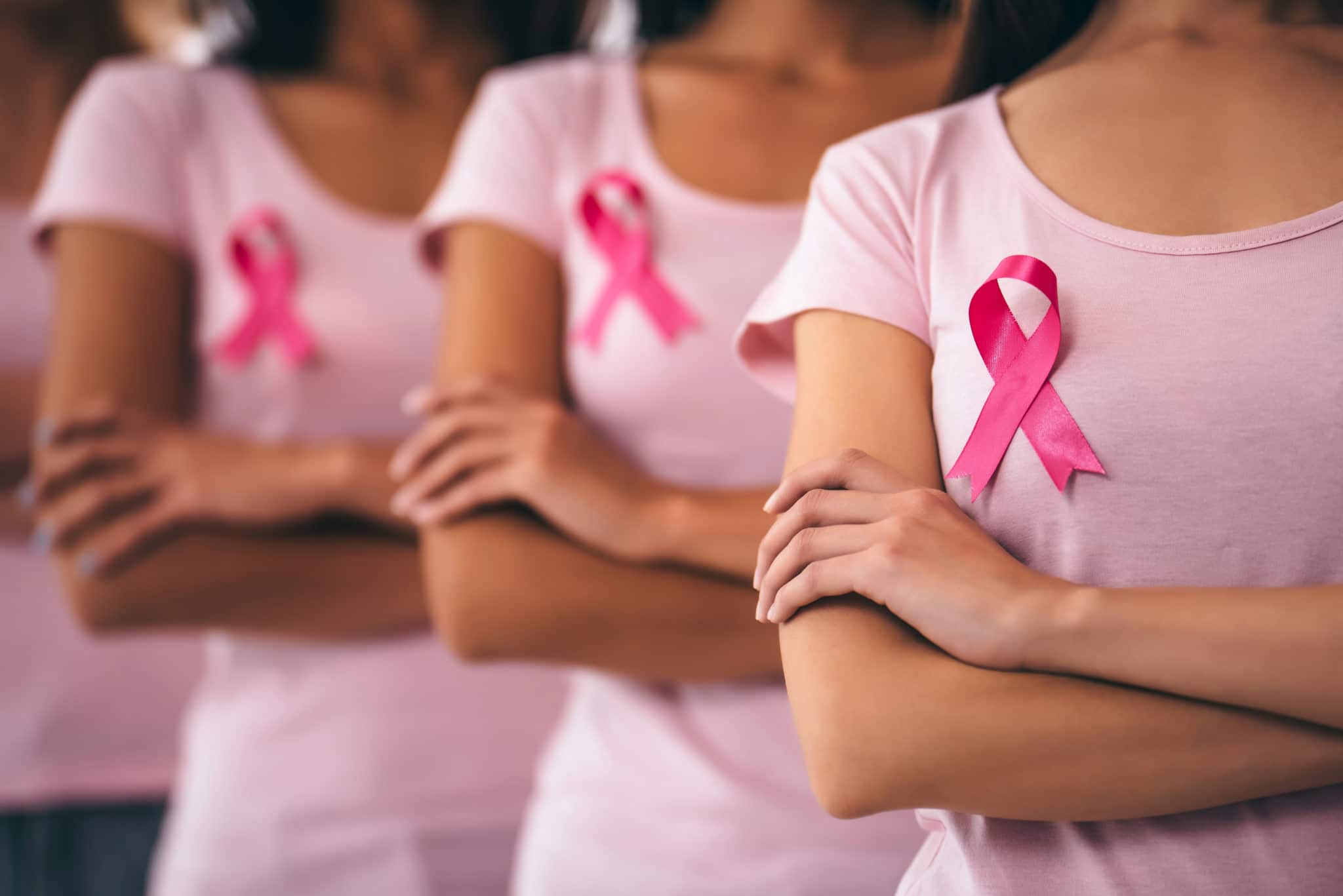Dr. Nyongesa: Early Screening, Lifestyle Change Key to Tackling Breast Cancer

Early detection has been identified among the top initiatives that will help the country tame the breast cancer scourge.
Dr. Catherine Nyongesa, Chief Executive of The Texas Cancer Center, says that in addition to early screening advocacy on lifestyle changes will also be key on this Breast Cancer Awareness Month, commonly referred to as “Pink October.”
Celebrated globally each October since the 1980s, this month highlights the importance of breast cancer prevention, early diagnosis, and routine screenings. Breast cancer is now the second most commonly diagnosed cancer worldwide.
Dr. Nyongesa noted that about 30 percent of breast cancer cases are linked to modifiable risk factors, meaning lifestyle changes can significantly reduce the risk.
She emphasized the importance of maintaining a healthy weight, staying physically active, avoiding harmful alcohol use, breastfeeding, quitting smoking, limiting prolonged hormone use, and minimizing exposure to radiation.
She also highlighted the need for awareness of early symptoms, such as changes in nipple appearance, abnormal discharge, lumps in the breast, skin discoloration, pitting, or pain in the breast or nipple.
While these symptoms may not always signal cancer, Dr. Nyongesa stressed the importance of seeking medical attention for a proper diagnosis.
Underscoring the importance of early detection, she explained that when breast cancer is diagnosed in its earliest stages, the five-year survival rate is 99 percent.
However, She emphasized that early detection requires proactive action, urging routine screenings and awareness to ensure timely interventions.
Reduce your risk of breast cancer by making better behavioural choices which include:
- maintaining a healthy weight
- staying physically active
- avoiding harmful use of alcohol
- breastfeeding
- quitting tobacco use and avoiding exposure to tobacco smoke
- avoiding the prolonged use of hormones
- avoiding excessive exposure to radiation.
If you think you have one or more of the above symptoms, seek medical care immediately. Although these could be caused by a non-cancerous mass, an exam is required for proper diagnosis.
Symptoms of breast cancer include:
• change in nipple appearance or alteration in the skin surrounding the nipple (areola)
• bloody or abnormal nipple discharge
• a lump or thickening in the breast
• change in breast colour
• pitting of the breast skin
• breast or nipple pain








